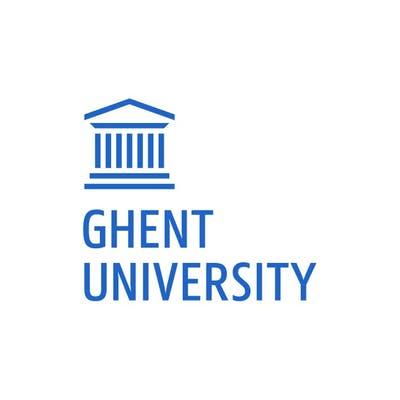Insurance requirements for studying at Ghent University

Insurance information for Ghent University
Insurance is important while studying at Ghent University because it can protect students from financial loss due to unforeseen circumstances such as accidents, illness, or theft. It can also provide coverage for tuition and other school-related expenses in case of emergency or withdrawal from classes. Having insurance can also provide peace of mind and allows you to focus on your studies.
About Ghent University
Ghent University is a top 100 university founded in 1817. As one of the major universities in Belgium, our 11 faculties offer a wide range of courses and conduct in-depth research in both exact and social sciences.
Find interesting master studies for Ghent University at Mastersportal
Not at all! In Belgium, Aon is most of the times much cheaper than insurances offered by your university. Save money for things that matter to you.
Insurance information for Belgium
If you are going to study and live in Belgium, you want to be fully prepared before starting your adventure. Among other things, you want to make sure your insurance covers everything you need, without paying too much.
International students in Belgium
In Belgium, individual medical insurance is mandatory. And this also applies to international students. If you come to study in Belgium you therefore need to take out health insurance before or as soon as possible after arriving. This will give you the right to receive a full or partial refund, depending on the service provided, for your medical costs and certain medicines. If you so wish, complementary illness insurance also exists. Although not mandatory, this covers part of all the costs not reimbursed by regular medical insurance.
Students from EU/EEA countries
Students from EU/EEA countries, who are in possession of valid health insurance in their home country, may use the European Health Insurance Card (see FAQ EHIC). This is a free card that gives you access to medically necessary, state-provided healthcare during a temporary stay in any of the 27 EU countries, Iceland, Liechtenstein, Norway and Switzerland under the same conditions and at the same cost (free in some countries) as people insured in that country. Please note that EHIC is according to EU recommendations not an alternative for Travel Insurance. EHIC does not guarantee free services. As each country’s healthcare system is different services that cost nothing at home might not be free in another country
Students from outside the EU/EEA
Students from outside the EU/EEA will have to take out health insurance.With your proof of enrolment, you can subscribe to a health insurance policy at the insurance company of your choice. Health insurance funds will cover around 75% of the costs for doctors, hospitals and clinics; around 20% of prescription costs; basic dental costs. There are however alternatives with no such co-payments or deductibles.
No worries, we've got you covered. Together with our partner Aon, we are going to make sure you get the perfect insurance package. Your study abroad adventure will be awesome, but insured for all risks, including health care.
Is this enough?
It is important to understand that the EHIC (European Health Insurance Card) is not always enough, Please note that EHIC is according to EU recommendations not an alternative for Travel Insurance, and that the local offered health insurance will probably not cover:
- (Additional) medical costs, i.e. dental, you will have to pay 25% of many medical expenses
- Repatriation
- Liability
- Home contents and baggage
- Accidents
- Legal aid
- Worldwide cover
You will need an insurance policy also covering, but also arranging for you, for example:
- You returning home if a close relative is seriously ill or dies;
- Up to two close relatives visiting you in if you fall seriously ill;
- Your medical repatriation to your home country for hospitalization or rehabilitation treatment;
- or in the worst possible situation, returning a body home for burial.
- Tuition Fee Insurance for international students what is it and why its useful
Free quote from Aon
Via our partner Aon, you can easily discover details that apply to your specific situation. To get advice and insight in the costs of insurance, you can freely request an instant quote.
About Belgium
Belgium boasts top-notch universities in Europe, excelling in fields such as Political Science, Economics, Humanities, and Medicine. International students can select from a wide range of English-taught programs. Language enthusiasts can also seize the opportunity to learn Dutch, German, and French, enhancing their job prospects in Belgium. The country's globalized outlook fosters a warm and inclusive environment for international individuals, making it easy to settle in and find one's rhythm. During leisure time, one can explore magnificent historical landmarks and unique attractions, like the enchanting Mini-Europe miniature park.











